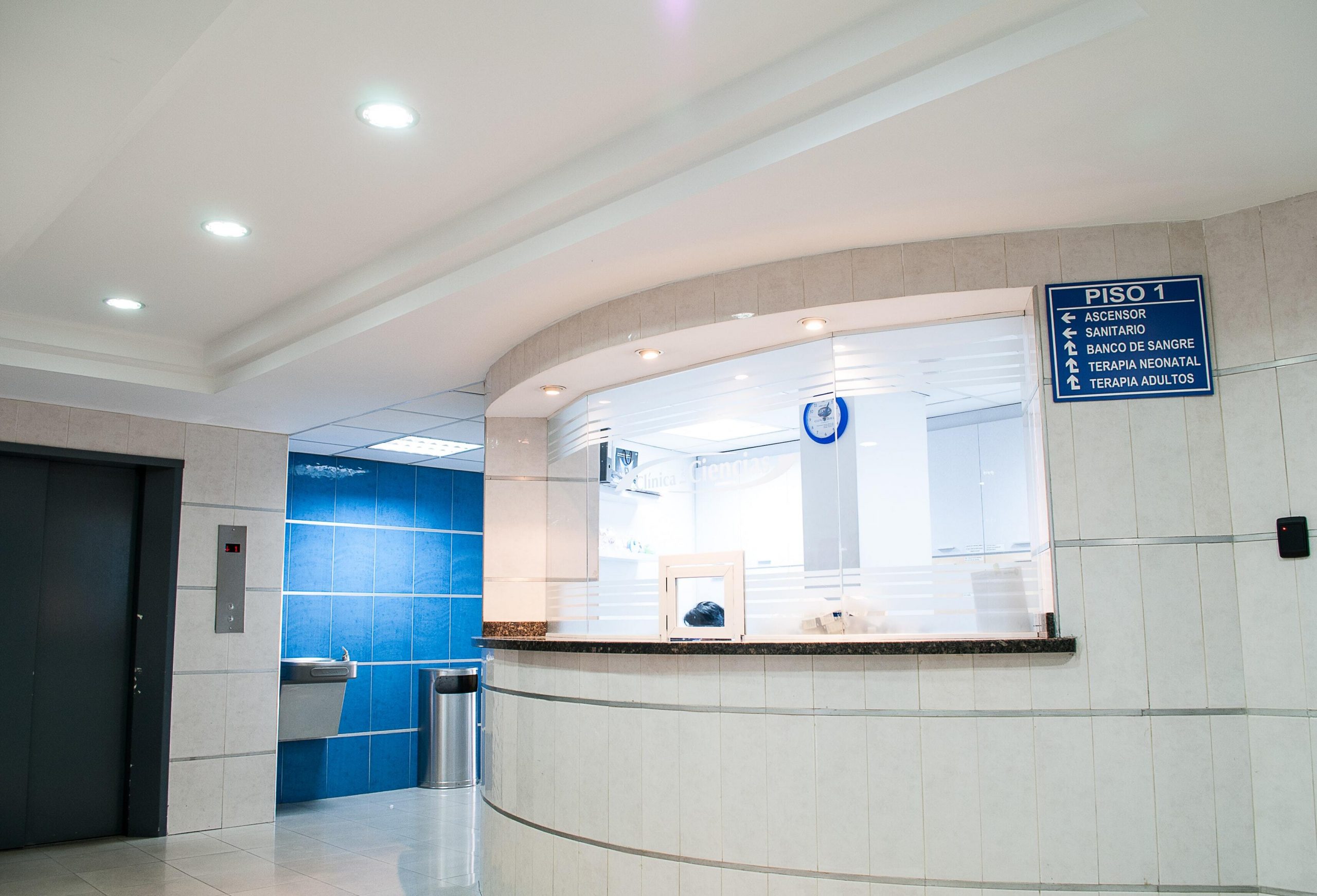
Struggling to get a GP appointment is a frustrating and sometimes worrying occurrence for patients across the UK. So what is causing this GP shortage?
According to the World Health Organisation (WHO), there are nearly 2.8 doctors per 1000 people in the UK, which is lower than the number of doctors available in most of the European Union countries (3.4 per 1000 people).
There are several reasons for the fall in GP numbers, including an aging workforce with early retirement decisions, struggles with recruitment, and, of course, a pandemic mixed with Brexit.
Where are all the new doctors?
According to a BBC report in September 2021, the number of GPs working in England has dropped to 4.5% from the previous year. But there are more requirements for GPs than ever before due to an aging population, COVID, and vaccination programs.
We would expect more doctors to be trained each year. Unfortunately, that is not quite the case. The number of students taking up spaces in the new medical schools across the country is falling. A shocking statistic shows that 1 in 3 people who trained to be GPs did not go on to work as NHS GPs.
The British Medical Association (BMA) suggested that we could see a shortfall of 7,000 GPs by 2023.
What about the current GPs?
In the last decade, the number of GPs taking early retirement has increased from 198 in 2007 to 721 in 2017. Currently, 30% of all GPs and specialist doctors are over the age of 55. This means that we can expect an impending decline in doctors as their retirements come down the line.
Alongside retirement, there has been a shift in working patterns, with more GPs choosing to work part-time. The number of permanent GPs has dropped significantly in the last 4 years.
A cycle of GP pressure was caused during the pandemic, as a smaller GP workforce had to bear more of the workload, and were therefore exposed to develop exhaustion. COVID-19 doubled the stress on already overwhelmed GPs. More patients are now demanding face-to-face consultations instead of phone consultations. Many GPs are now working late hours to keep up with the demand for the stretched service.
The stress and burnout have caused many GPs to switch to working part-time to try and balance their workload and stress.
A survey in April 2021 showed the impact and effect that the pandemic has had on doctors.
Almost 50% of doctors are suffering from depression, anxiety, stress, or burnout.
Around 60% are experiencing ‘higher than normal’ levels of fatigue.
Nearly 30% have undertaken additional unpaid hours.
Brexit and overseeing applications
Doctors from the EU make up 9.7% of the UK’s medical workforce and a lot of uncertainty still remains about what will happen to doctors from the EU working in the UK, and whether visa procedures will change the ability of the workforce.
Furthermore, complex degree conversions and licensing exams are some reasons that halt or slow down the influx of more GPs in the existing workforce. One issue is the new criteria to meet a minimum pay cap of £30,000 a year, whereas a starting salary is £27,140.
With 37% of UK doctors being trained abroad, over half of them in Asia, there is potential for more foreign GPs to be recruited into the NHS. Thankfully, the EEA visa cap that rejected 1,500 doctor visa applications has now been lifted.
So what can be done to help the UK’s GP shortage? The recruitment of more locum GPs is also essential to help fill gaps and keep patients being seen.
If you are looking to switch to locum work, get in touch with us today!
We've got more informative and insightful resources for you on the ThinkLocum blog.